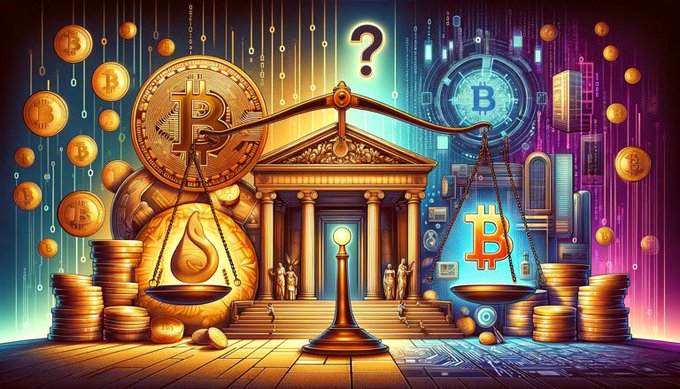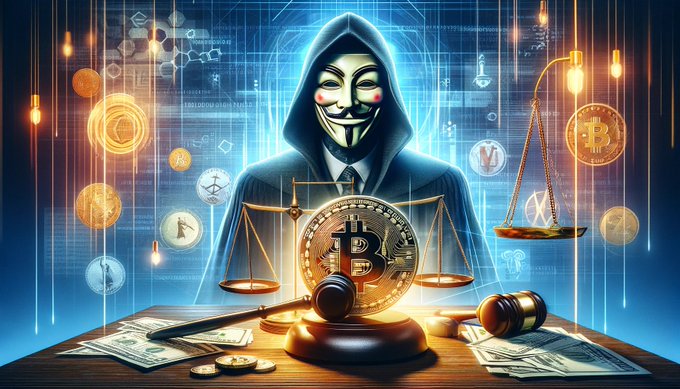In a world dominated by central banks and government issued fiat currencies, Bitcoin stands alone as a beacon of hope, a tool that empowers individuals to take control of their economic destiny. These words may sound somewhat dramatic and fanciful but those who have taken the time to understand what Bitcoin is, what challenges it solves and how it can help everyone on the planet will know exactly how true this statement is.
Over the centuries there has always been an innovation and a technology that has changed the trajectory of humanity and shaped society for all those who follow in its wake. We have seen the impact of the agricultural revolution, the industrial revolution and the recent digital revolution during the age of information. At Musqet we believe that Bitcoin represents an economic, monetary and financial revolution that will change the course of human history. At first, most will reject this notion, however, as we saw with those individuals, societies and nation states who adopted gunpowder, once a superior technology and toolkit becomes readily accessible and is used to achieve social, political and economic objectives then the group that adopts this typically becomes the dominant entity. Gunpowder changed the course of history, gave rise to empires, brought the destruction of nation states and ushered in political revolutions. Bitcoin has the potential to have a similar degree of impact and will most likely revolutionise the financial system, and return sovereignty and fundamental human rights concerning money to the individual.
The Austrian school of economics teaches us the importance of sound money, a currency that is not subject to the whims of governments or central banks. Bitcoin, with its decentralised nature, regular, controlled issuance and fixed supply, embodies some of the core principles of sound money. It is not controlled by any single entity, and its supply is capped at 21 million, ensuring that it cannot be devalued through inflation. In this way, Bitcoin is the antithesis of fiat currencies, which are constantly being issued and devalued by central banks around the world with unlimited supply.
But Bitcoin is more than just a form of nascent global money; it is a symbol of personal sovereignty and freedom. With Bitcoin, individuals can transact with one another without the need for intermediaries such as banks or payment processors. This not only reduces costs but also removes the power that these intermediaries have over our financial transactions. No longer are people at the mercy of those who can freeze accounts or governments that can seize assets. With Bitcoin, the individual is in control.
Furthermore, Bitcoin has the potential to provide financial services to the unbanked and underbanked populations of the world. There are billions of people who do not have access to traditional banking services, and as a result, are excluded from the global economy. Bitcoin, with its decentralised nature and the ability to transact without the need for a bank account, can bring these people into the fold, giving them access to the economic opportunities that the rest of the world takes for granted.
The parallels between the gunpowder revolution and the Bitcoin revolution are striking. But just as the gunpowder revolution was not without its challenges, the Bitcoin revolution will also face obstacles. Governments and central banks, threatened by the loss of control over the money supply, will try to regulate and restrict the use of Bitcoin citing illicit use cases and high energy consumption. Just as many corridors of power fought against the spread of gunpowder in an attempt to maintain its adoption, governments and central banks will fight against the spread of Bitcoin in an attempt to maintain their own power. Ultimately, the efforts to stop the spread of gunpowder failed, and as then, so now, governments and central banks will ultimately fail to stop the spread of Bitcoin.Throughout history, there have been many revolutionary episodes that have impacted the future trajectory of the world. Bitcoin is ushering in a monetary revolution before our eyes with ripple effects that future historians will most likely agree had societal impacts in the same order of magnitude as those stemming from the English Civil War and the American and French Revolutions. As Thomas Paine wrote in 1776 , "Tyranny, like hell, is not easily conquered; yet we have this consolation with us, that the harder the conflict, the more glorious the triumph"; and at a time of significant global and political upheaval, Bitcoin stands alone as a force for good with the focus on individual rights and freedoms that most take for granted whilst the rest are denied. Ultimately, Bitcoin is apolitical, commodity money and serves as a borderless bearer asset with instant global settlement finality which cannot be seized or debased. It is only logical therefore that Bitcoin continues its inexorable rise to become the dominant monetary and economic asset of the world.






